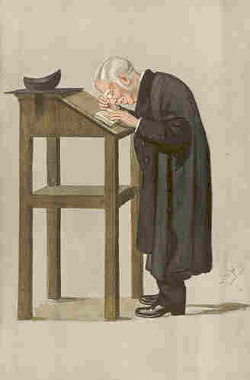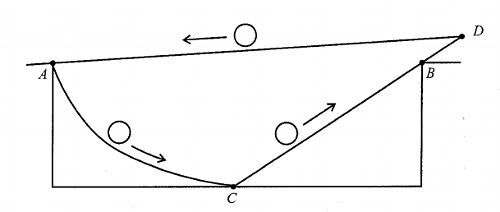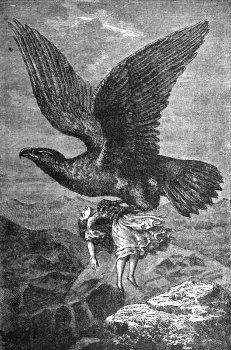William Buckland awoke one night and told his wife, “My dear, I believe that Cheirotherium‘s footsteps are undoubtedly testudinal.” They induced a garden tortoise to walk through a paste of flour, and the impression it left matched the fossil footprint.
On summiting the Finsteraarhorn in 1845, M. Dollfus-Ausset cried, “The soul communes in the infinite with those icy peaks which seem to have their roots in the bowels of eternity!”
In 1919 Cecilia Payne bicycled to the Cambridge Solar Physics Observatory, found a man repairing the roof, and said, “I have come to ask why the Stark effect is not observed in stellar spectra.” He was E.A. Milne, and he didn’t know. “Later he became a good friend and a great inspiration to me.”



